10% off £35
Vegan Vitamins & Supplements
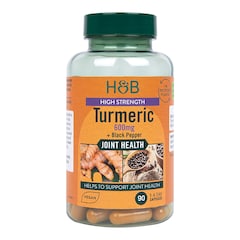
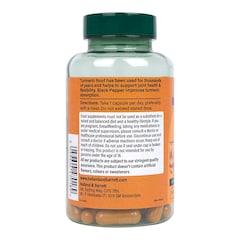
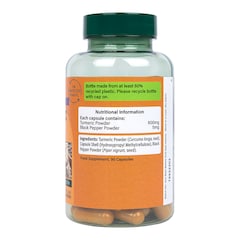
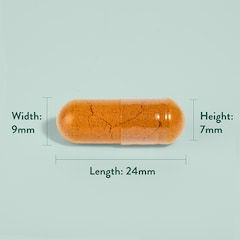
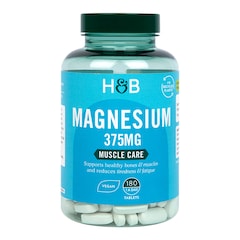
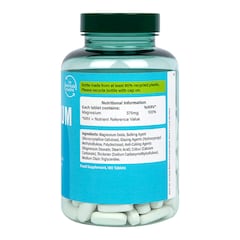
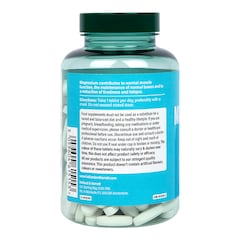
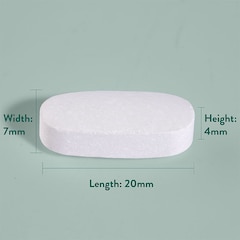
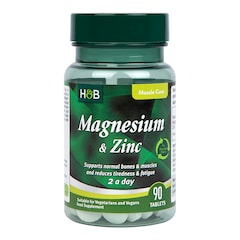
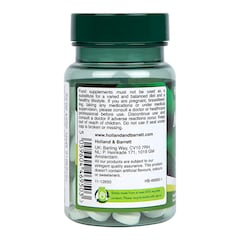
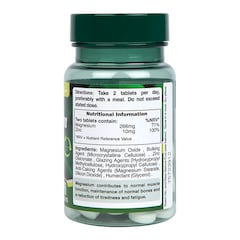
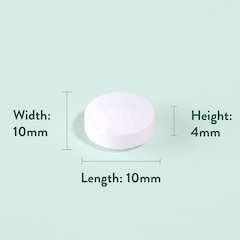
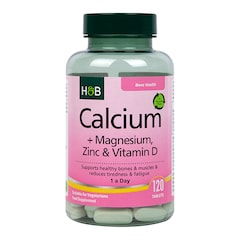
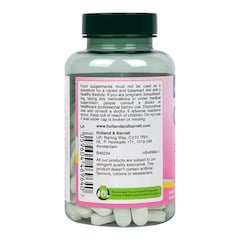
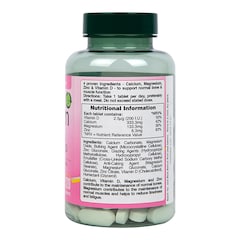
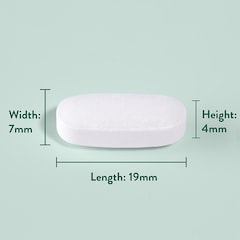
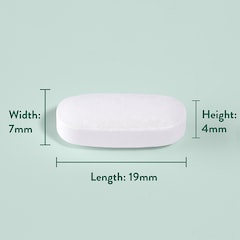
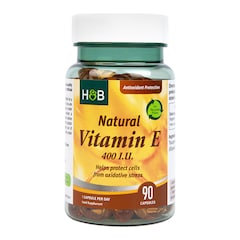
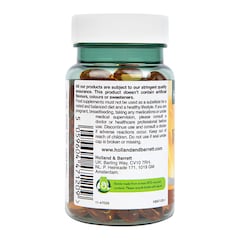
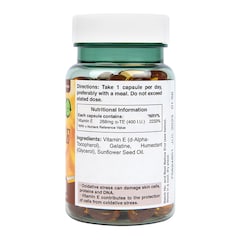
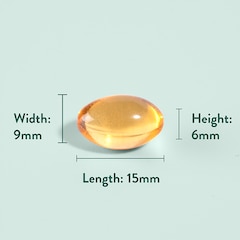
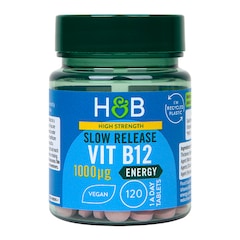
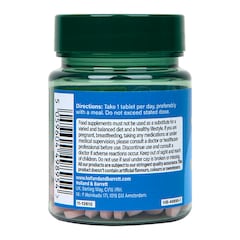
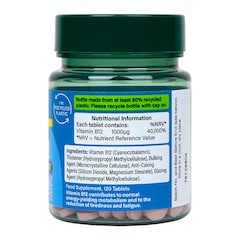
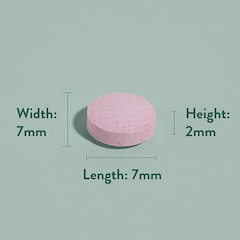
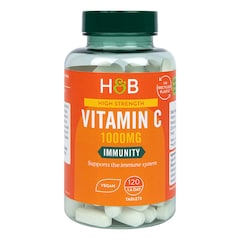
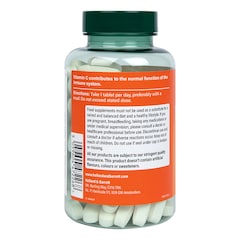
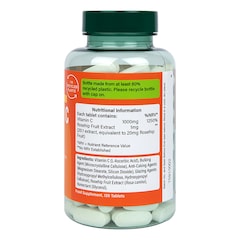
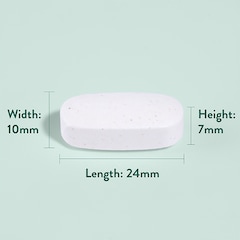
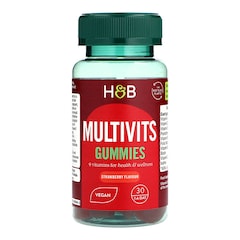
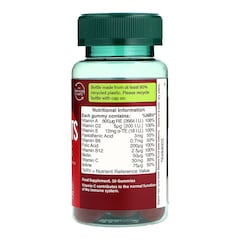
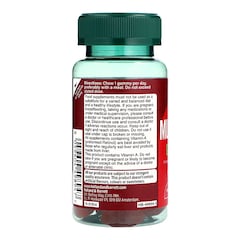
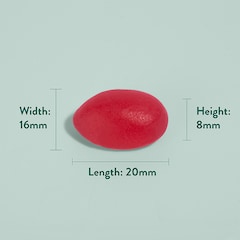
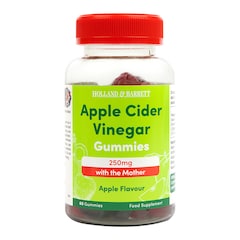
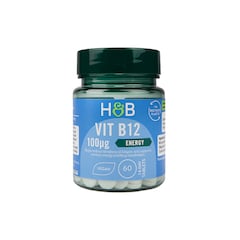
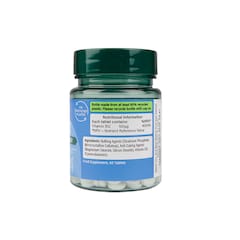
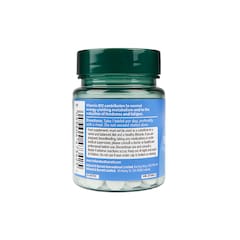
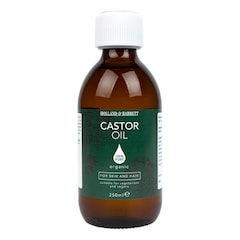
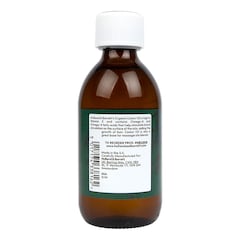
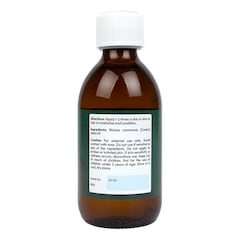
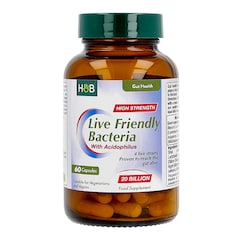
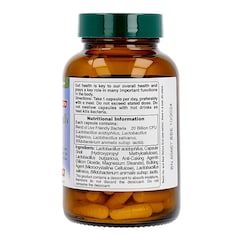
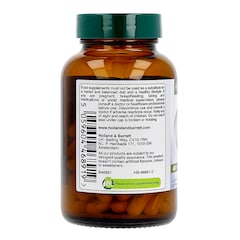
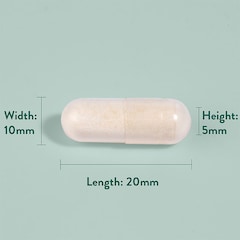
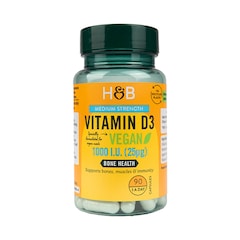
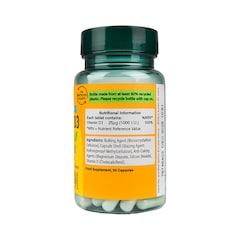
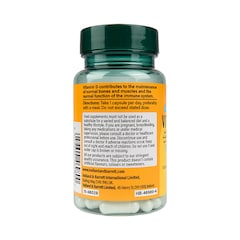
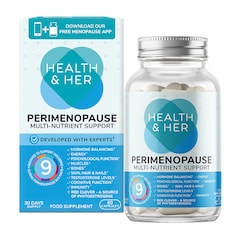
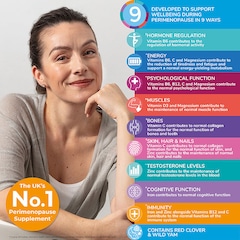
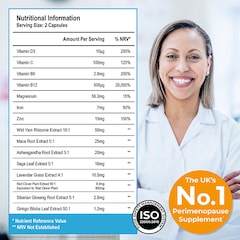
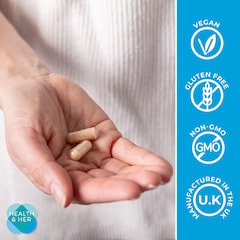
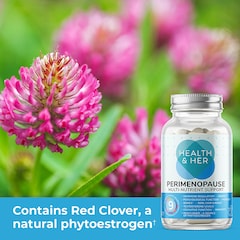
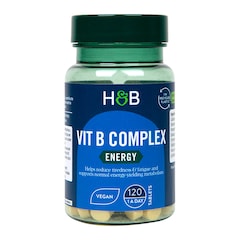
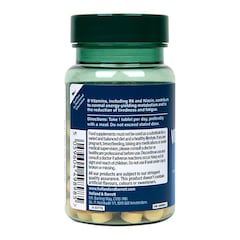
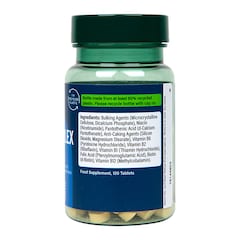
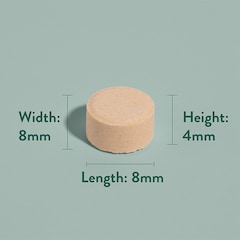
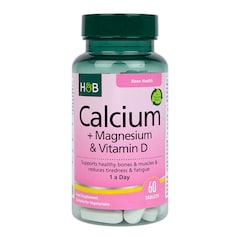
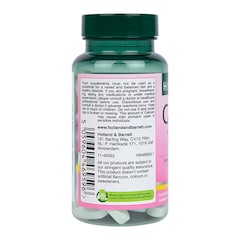
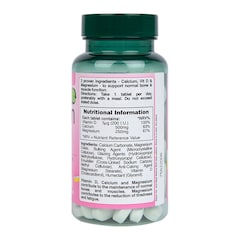
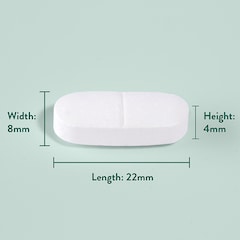
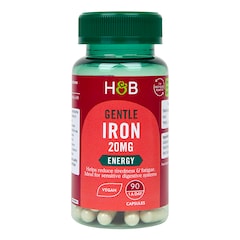
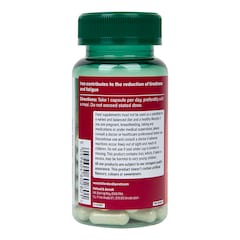
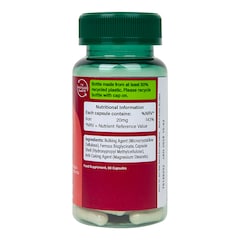
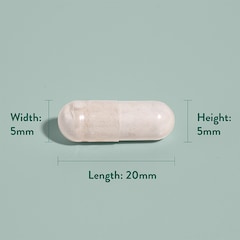
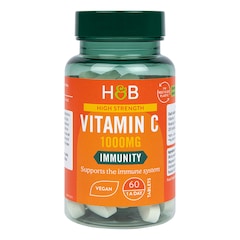
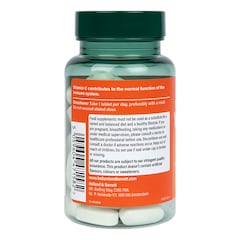
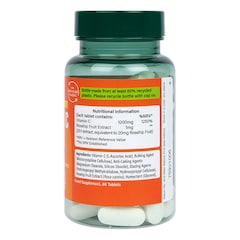
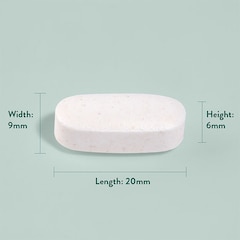
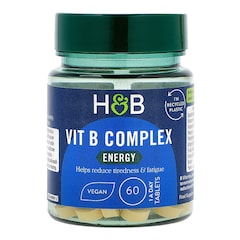
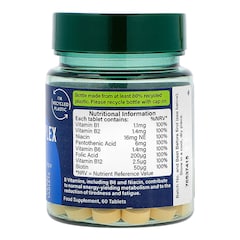
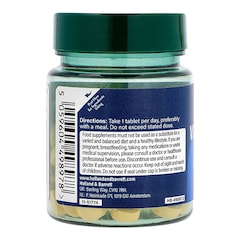
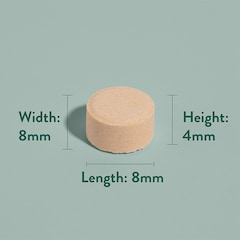
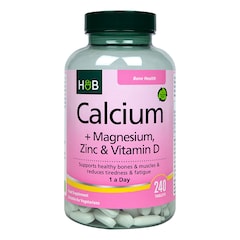
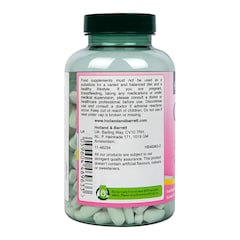
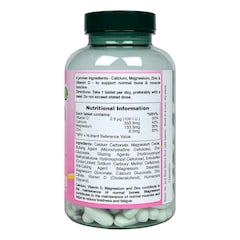
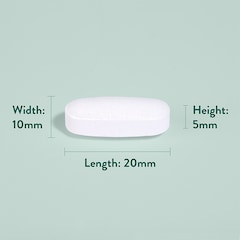
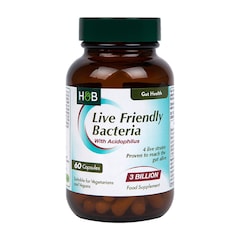
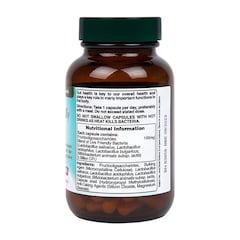
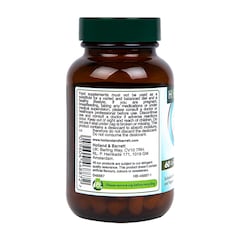
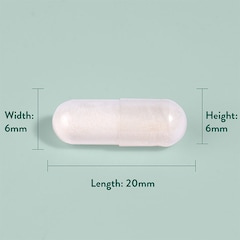
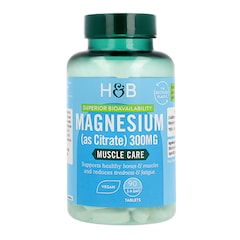
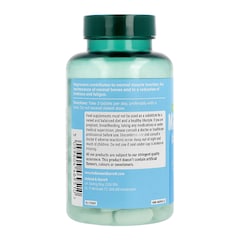
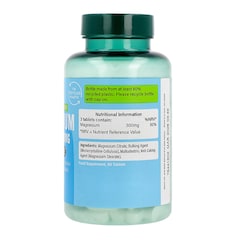
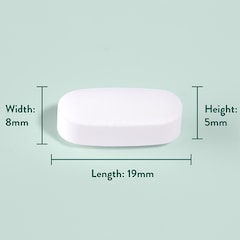
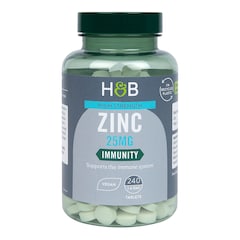
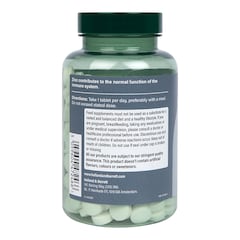
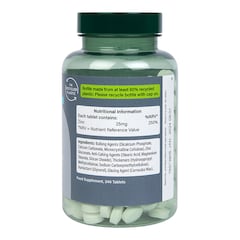
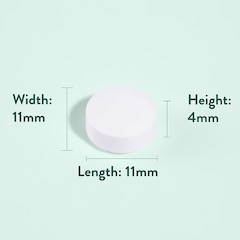
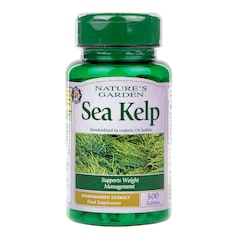
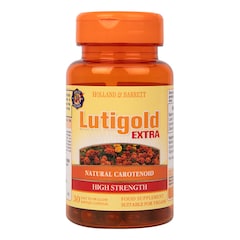
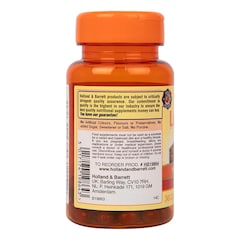
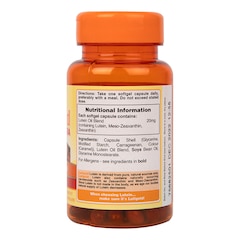
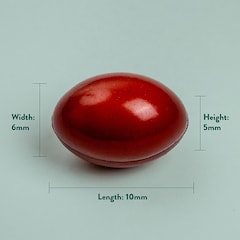
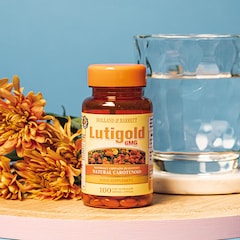
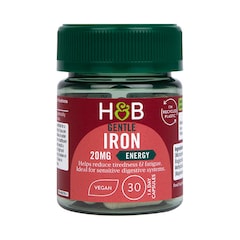
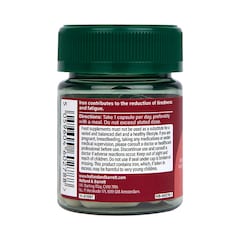
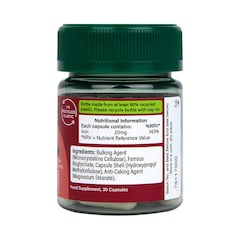
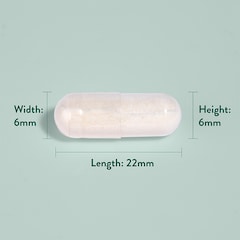
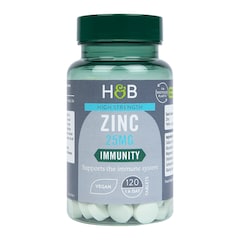
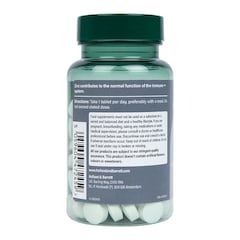
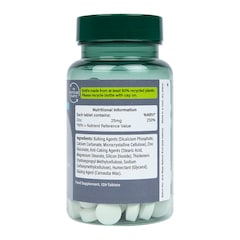
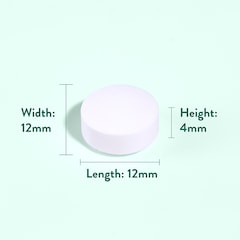
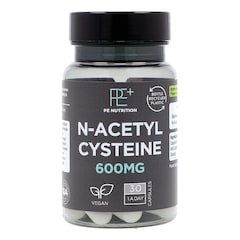
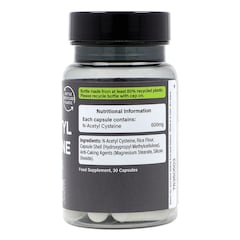
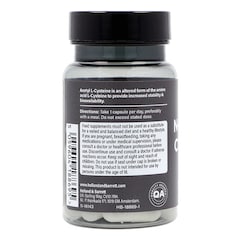
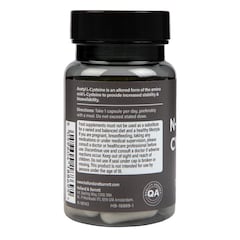
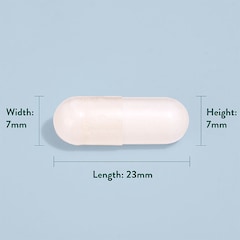
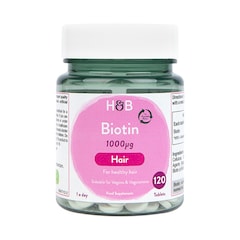
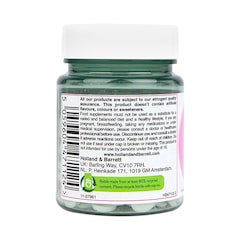
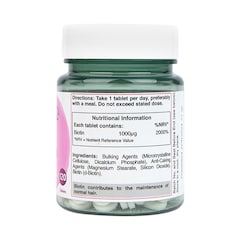
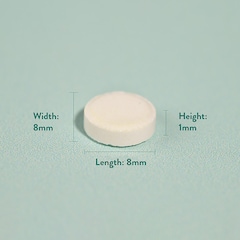
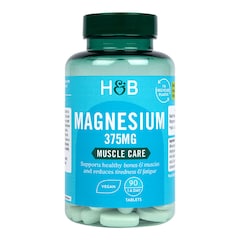
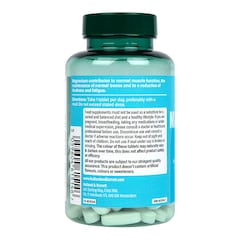
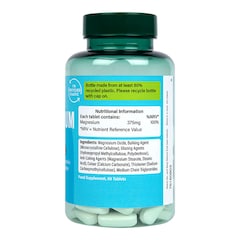
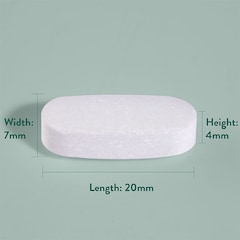
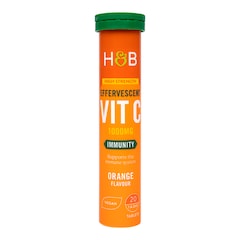
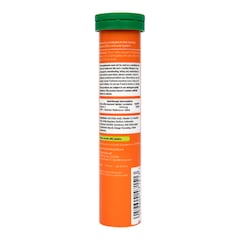
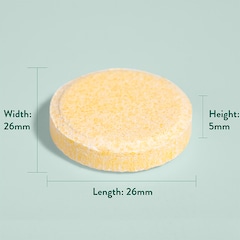
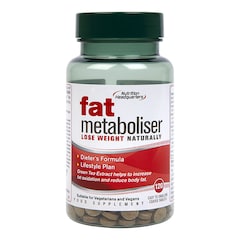
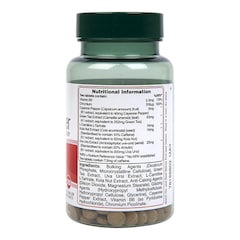
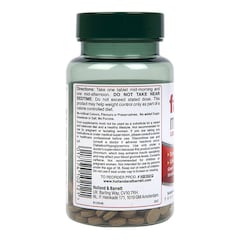
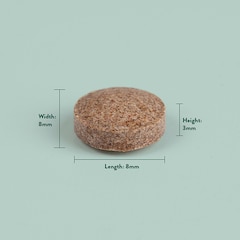
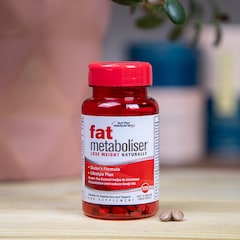
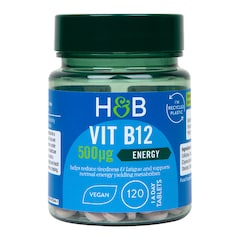
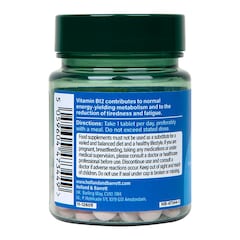
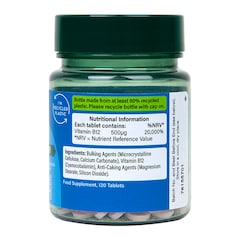
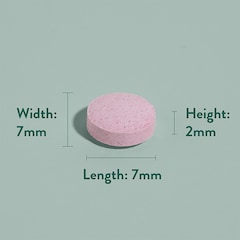
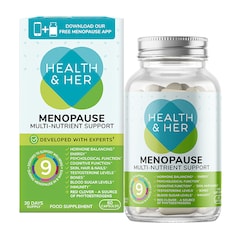
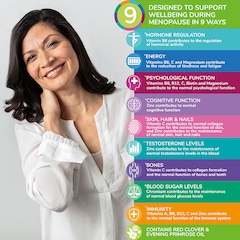
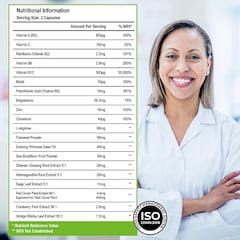
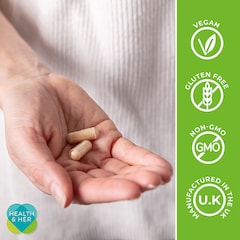
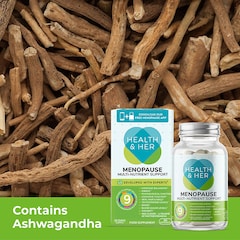
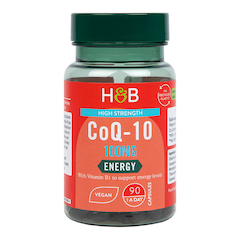
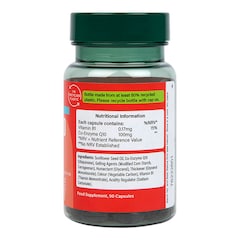
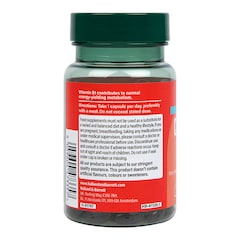
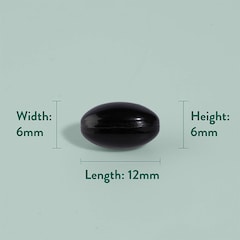
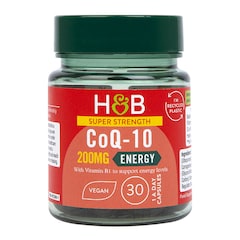
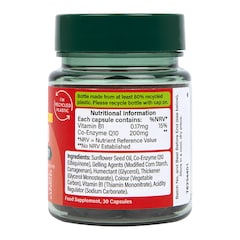
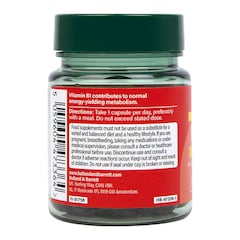
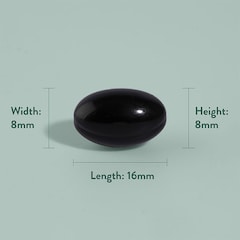
The growth in veganism across all ages, backgrounds and walks of life, has led to many important innovations to address this growing demand for high quality, plant-based choices.
Whether it is meat-free alternatives to beef, fish and chicken, vegan yoghurt or even vegan choices in fashion, vegans can now embrace their lifestyle across all spheres of daily life.
At Holland & Barrett, we believe that making healthy choices, like veganism, should be encouraged as part of a broader set of health decisions available to our customers.
With over 390 products available through our online store and store network, we are continually broadening our offering to our vegan customers, especially when it comes to vegan vitamin supplements.
Vegan supplements - what makes them vegan?
The term ‘vegan’ is much broader than food, or supplements, because it is a lifestyle choice and one made about how vegans choose to engage with the world.
There is still a debate as to where veganism began, with many cultures claiming to be the originators of the idea.
Some say the term was coined in 1944 by Donald Watson whilst others suggest there was a first recorded western reference by Pythagoras in circa 500BC.
What is common to these origination ideas is the unity around a life choice, rather than a diet.
The benefits of a vegan diet are still being studied, but what is also emerging is the positive collective impact on our planet.
By definition, vegan products do not include any meat, eggs, dairy products and animal-derived ingredients in either the contents or the casing.
The labelling is important, and vegan customers should look out for marks of compliance with these standards, such as the green ‘Vgn’ logo.
Other specifics to look out for are phrases such as ‘suitable for vegetarians and vegans’ and the make-up of any ‘glazing agent’ or the ingredients that keep the supplement in shape.
Key exclusions on labelling may also include no milk or no lactose (the sugar found in milk), no fish or crustaceans (crabs or similar) and no porcine (pork).
When shopping for vegan supplements, it is important to ensure that these meet the requirements of your broader diet plan.
There are numerous food sources of vitamin B12 such as nutritional yeast, some fortified soya beans and many grains, all of which could support a balanced vegan diet.
For those seeking food sources for vitamin D, Zinc, Iodine and omega-3’s, there are a number easy to find foods that can assist with this.
What vegan multivitamin choices are there?
There are multitude of vegan multivitamin options available to help to ensure a healthy diet and the best vegan supplements can be found here on Holland and Barrett.
Vegan multivitamins provide a wide range of micronutrients, including many minerals that may otherwise be lacking in some vegan diets.
In almost all categories of supplementation, there are vegan choices or alternatives available. Some examples of these alternatives include the use of mushroom powder in the Holland & Barret’s Mushroom Vegan Vitamin D, where the mushrooms have replaced animal D-vitamin sources, like eggs.
Vitamin B12, which helps assist our body’s energy metabolism, making red blood cells and supporting your immune system, can be supplemented through ingredients such as plant milks and yeast extracts, replacing animal-based sources like oily fish, cheese or meat.
The addition of fortified plant foods in a diet can assist with ensuring that vegans consume sufficient vitamin B12.
What vitamins should vegans take?
The NHS recommends that those on a vegan diet consider supplementation of, amongst others, vitamin B12.
Vegan supplements which include omega-3 (EPA & DHA) and vitamin D are also recommended.
For some people, there may be a need to include an additional iron supplement. However, it is recommended that this be discussed first with your healthcare professional.
All of these supplements can also be further assisted through the inclusion of green leafy vegetables, seeds and nuts.
The inclusion of sea vegetables such as seaweed, or vegan snacks made from seaweed, can assist those who are low in iodine – which can sometimes be a consequence of choosing not to consume meat.
For further information, check out our short article ‘What vitamins do vegans need?’ on The Health Hub.
If you are uncertain about any of the supplement choices available, then please consult your healthcare professional for individual advice to address your dietary needs.
The growth in veganism across all ages, backgrounds and walks of life, has led to many important innovations to address this growing demand for high quality, plant-based choices.
Whether it is meat-free alternatives to beef, fish and chicken, vegan yoghurt or even vegan choices in fashion, vegans can now embrace their lifestyle across all spheres of daily life.
At Holland & Barrett, we believe that making healthy choices, like veganism, should be encouraged as part of a broader set of health decisions available to our customers.
With over 390 products available through our online store and store network, we are continually broadening our offering to our vegan customers, especially when it comes to vegan vitamin supplements.
Vegan supplements - what makes them vegan?
The term ‘vegan’ is much broader than food, or supplements, because it is a lifestyle choice and one made about how vegans choose to engage with the world.
There is still a debate as to where veganism began, with many cultures claiming to be the originators of the idea.
Some say the term was coined in 1944 by Donald Watson whilst others suggest there was a first recorded western reference by Pythagoras in circa 500BC.
What is common to these origination ideas is the unity around a life choice, rather than a diet.
The benefits of a vegan diet are still being studied, but what is also emerging is the positive collective impact on our planet.
By definition, vegan products do not include any meat, eggs, dairy products and animal-derived ingredients in either the contents or the casing.
The labelling is important, and vegan customers should look out for marks of compliance with these standards, such as the green ‘Vgn’ logo.
Other specifics to look out for are phrases such as ‘suitable for vegetarians and vegans’ and the make-up of any ‘glazing agent’ or the ingredients that keep the supplement in shape.
Key exclusions on labelling may also include no milk or no lactose (the sugar found in milk), no fish or crustaceans (crabs or similar) and no porcine (pork).
When shopping for vegan supplements, it is important to ensure that these meet the requirements of your broader diet plan.
There are numerous food sources of vitamin B12 such as nutritional yeast, some fortified soya beans and many grains, all of which could support a balanced vegan diet.
For those seeking food sources for vitamin D, Zinc, Iodine and omega-3’s, there are a number easy to find foods that can assist with this.
What vegan multivitamin choices are there?
There are multitude of vegan multivitamin options available to help to ensure a healthy diet and the best vegan supplements can be found here on Holland and Barrett.
Vegan multivitamins provide a wide range of micronutrients, including many minerals that may otherwise be lacking in some vegan diets.
In almost all categories of supplementation, there are vegan choices or alternatives available. Some examples of these alternatives include the use of mushroom powder in the Holland & Barret’s Mushroom Vegan Vitamin D, where the mushrooms have replaced animal D-vitamin sources, like eggs.
Vitamin B12, which helps assist our body’s energy metabolism, making red blood cells and supporting your immune system, can be supplemented through ingredients such as plant milks and yeast extracts, replacing animal-based sources like oily fish, cheese or meat.
The addition of fortified plant foods in a diet can assist with ensuring that vegans consume sufficient vitamin B12.
What vitamins should vegans take?
The NHS recommends that those on a vegan diet consider supplementation of, amongst others, vitamin B12.
Vegan supplements which include omega-3 (EPA & DHA) and vitamin D are also recommended.
For some people, there may be a need to include an additional iron supplement. However, it is recommended that this be discussed first with your healthcare professional.
All of these supplements can also be further assisted through the inclusion of green leafy vegetables, seeds and nuts.
The inclusion of sea vegetables such as seaweed, or vegan snacks made from seaweed, can assist those who are low in iodine – which can sometimes be a consequence of choosing not to consume meat.
For further information, check out our short article ‘What vitamins do vegans need?’ on The Health Hub.
If you are uncertain about any of the supplement choices available, then please consult your healthcare professional for individual advice to address your dietary needs.


